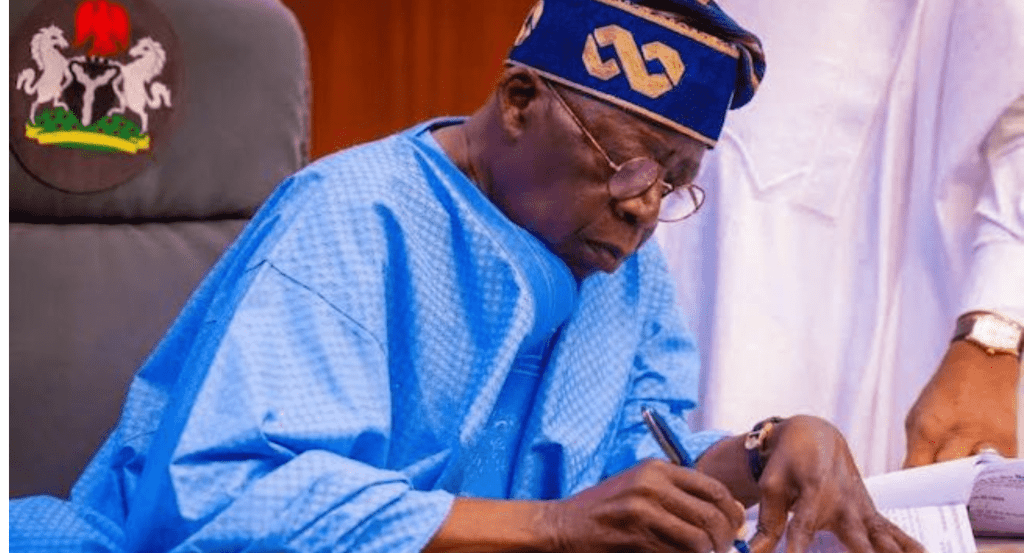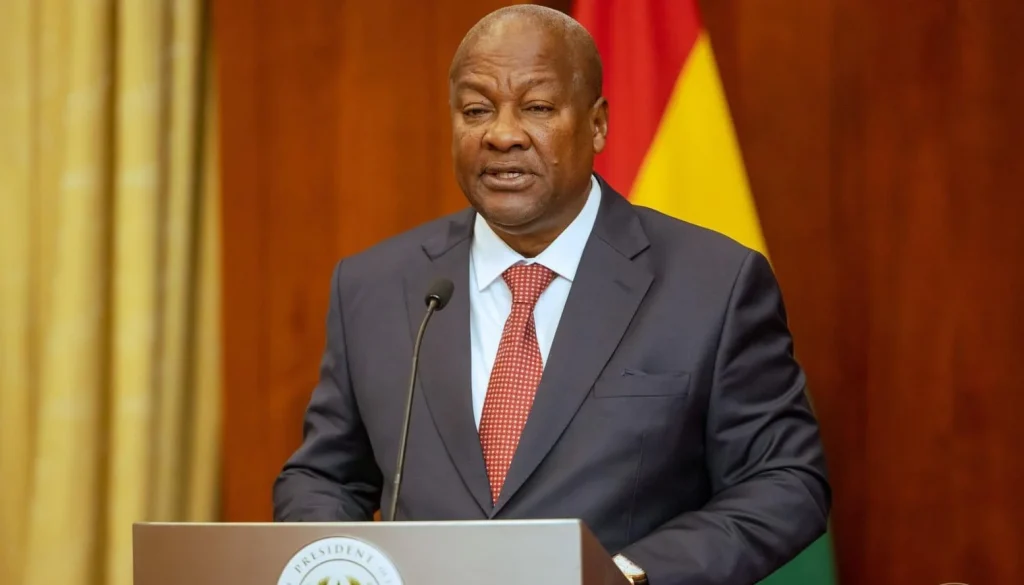The National Assembly has raised concerns over President Bola Tinubu’s recent loan request, questioning its necessity in light of the revenue surplus achieved by key government agencies. Both the Federal Inland Revenue Service (FIRS) and the Nigeria Customs Service (NCS) have exceeded their revenue targets, prompting lawmakers to demand justification for further borrowing.
The FIRS announced it had surpassed its revenue goals for the fiscal year, driven by increased tax compliance and reforms. Similarly, the NCS reported higher-than-expected revenue collection, attributing the performance to improved operational efficiency and strict enforcement measures. These milestones have sparked debate about the country’s fiscal strategy and borrowing practices.
President Tinubu’s loan request, presented to the National Assembly earlier, sought additional funding to address Nigeria’s developmental challenges. However, lawmakers are now calling for a review of the nation’s borrowing trajectory, suggesting that the surplus revenues could mitigate the need for further debt.
Senators and House representatives have emphasized the importance of utilizing internally generated revenue (IGR) to reduce the country’s dependence on loans. They argued that Nigeria’s debt servicing burden, which consumes a significant portion of the budget, necessitates fiscal prudence and innovative financial management.
Critics of the borrowing proposal highlight the need for transparency and accountability in managing public funds. They have urged the executive arm to ensure that revenue gains are efficiently channeled toward addressing critical sectors like infrastructure, education, and healthcare.
Proponents of the loan, however, maintain that additional funding is essential to bridge Nigeria’s infrastructure gap and stimulate economic growth. They argue that while the surplus revenues are commendable, they may not suffice to cover the country’s pressing financial obligations.
As deliberations continue, the issue underscores broader concerns about Nigeria’s debt sustainability and economic future. The National Assembly’s scrutiny signals an increased commitment to holding the executive accountable for fiscal decisions, particularly in light of evolving revenue dynamics.























